“Black Panther: Wakanda Forever” is an enthralling, touching sequel
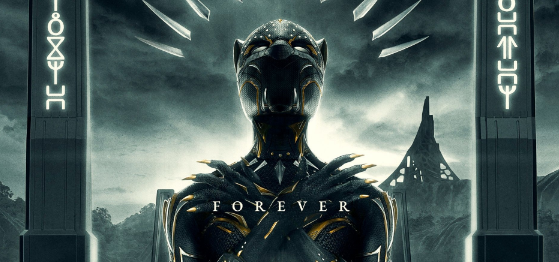
Photo courtesy of Walt Disney Studios
Shuri must rise to her new role of heir to the Wakandan throne while mourning her brother in “Black Panther: Wakanda Forever.” Shuri honors her brother’s legacy while also becoming her own version of a leader.
November 16, 2022
When “Black Panther” released in January 2018, it was the first Marvel film in which the titular character was a person of color. Fans around the world celebrated seeing underrepresented groups and cultures highlighted for the first time in such a significant franchise — and there was no better man to pave the way than Chadwick Boseman.
Boseman passed away in 2020 from colon cancer. Both he and his character, T’Challa, meant so much to so many people. For four years, the community held their breath, waiting to see how future films would address Boseman’s passing, honor him and live up to his legacy.
“Black Panther: Wakanda Forever” did not disappoint.
Shuri (Letitia Wright) feels completely lost after the death of her brother, T’Challa. Grieving and feeling guilty for her failure to save him, she throws herself into her work, developing new vibranium technology to bolster Wakanda while the rest of the world scrambles to find vibranium of their own.
She and her mother, Queen Ramonda (Angela Bassett), are alone on a Wakandan river bank when Namor (Tenoch Huerta), ruler of Talokan, emerges from the water. He asks the Wakandans to deliver him the American engineer responsible for building a vibranium detector, a machine that has brought Americans too close to his territory. He threatens war on Wakanda if they refuse.
Unsure of what to do, Okoye (Danai Gurira) and Shuri travel to the United States to retrieve the engineer, Riri Williams (Dominique Thorne), and bring her back to Wakanda. They are intercepted by Namor’s people, and Shuri asks them to take her to their leader in their realm. Shuri, seeing the beauty of their nation, is desperate to find a way to come to a peaceful agreement.
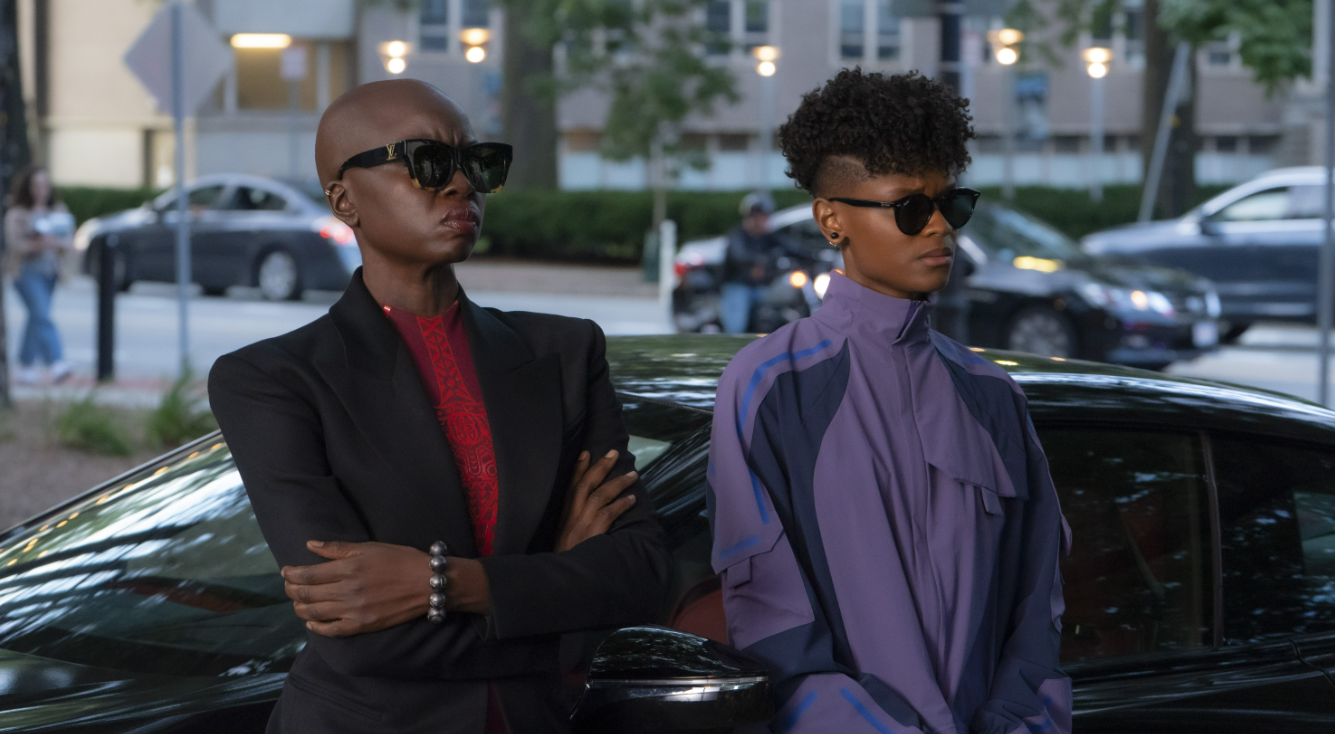
This film had me in touch with all my emotions. From one scene to the next, I was tearing up, grinning from ear to ear, laughing out loud or clenching my armrests in anticipation.
When I heard that the antagonists of this film were going to be merpeople, I was prepared to cringe. But somehow, Marvel made them badass. The introduction of the Talokanil gave me chills, and they continued to intrigue and excite me for the rest of the film.
This film had some of the strongest, most enthralling fight scenes in all of the Marvel Cinematic Universe. One of my favorite parts of “Black Panther” was the car chase scene, and “Black Panther: Wakanda Forever” delivered another. On top of that, Namor’s flight scenes were not awkward or unnatural, as many airborne heroes appear to me. I was almost rooting for him during one midair fight scene because he looked so cool.
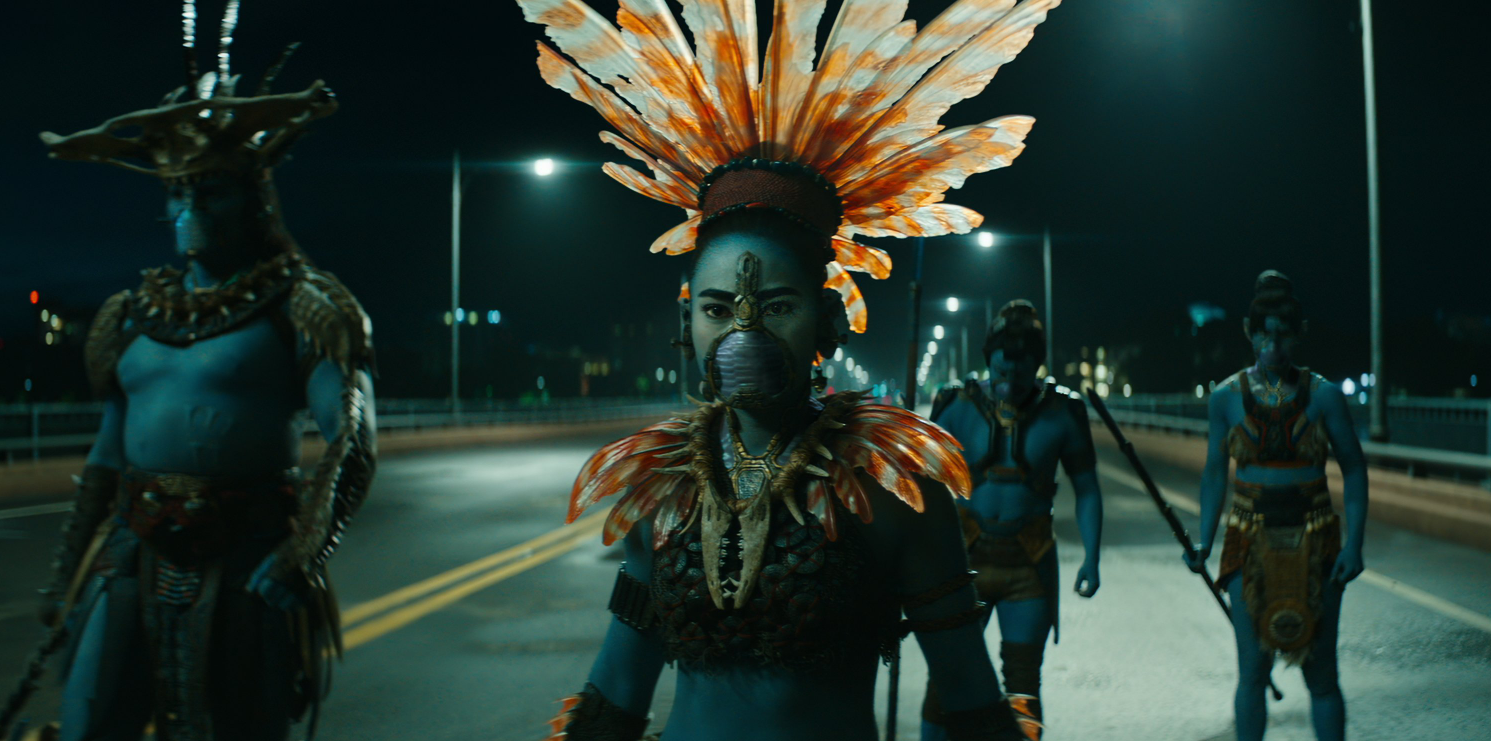
“Black Panther” had some of the best world design, costuming and sound design of any Marvel film. “Black Panther: Wakanda Forever” took this legacy and increased it tenfold.
Importantly, this film honors Boseman. The death of T’Challa is present throughout the whole film, not quickly addressed in the beginning and cleanly swept under the rug for convenience. I especially appreciated that he died of illness, not some immense heroic effort or crazy sci-fi circumstance. By taking this route, the film highlights that even the strongest and most honorable people can be lost inexplicably to illness, disease or natural causes. It levels T’Challa with Boseman.
The film largely explores the theme of grief. It touches on how the journey is different for different people and how people may address it or cope with it differently. It explores the waves of emptiness and rage that can come after and how unjust and confusing the loss can be. In fact, there are no true immoral enemies in this film, only those reconciling with grief and loss, trying to protect what’s left.
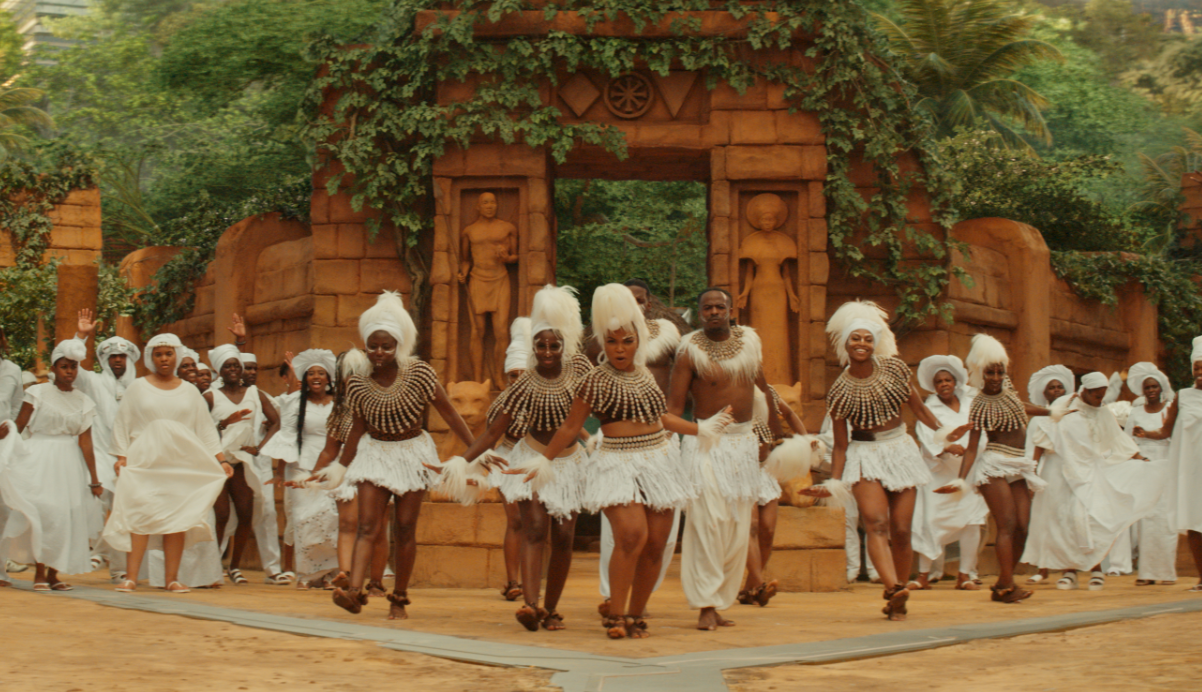
I was so happy to see Shuri come into her own in this film. She wasn’t a replacement for T’Challa or Boseman, but her own character with her own motivations and values. There were several times throughout the film that made me want to physically cheer her on.
Don’t just take the praise from me, though. Other students had emotional reactions to the film as well — when the movie was over, the majority of students at the Activity Programming Board showing were tearing up.
“It was really sad, it was really pulling on the heartstrings, but it was still pretty good,” said Tobi Clark, senior communications studies major. She said her favorite part of the film was the after-credits scene, which personally had me gasping and smacking my friends.
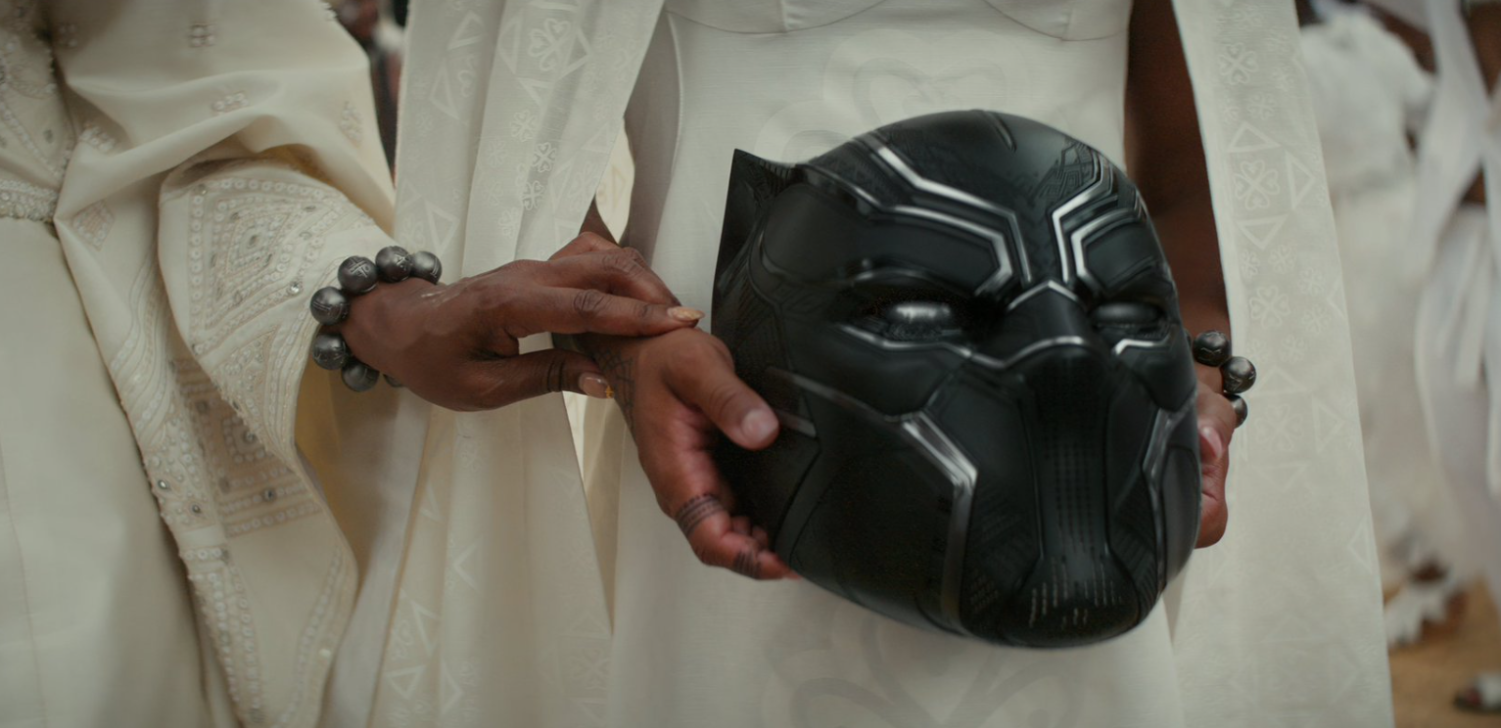
Isaac Sullivan, junior economics major, also pointed out the emotional impact of the film. “It was great,” he said. “I liked that there was a lot of emotional scenes. I liked all of the character development and just the plot overall.”
Overall, “Black Panther: Wakanda Forever” was one of, if not the best, films in Marvel’s Phase Four. Simultaneously powerful and beautiful, this film is great whether you want lasting entertainment or a meaningful story. It was the perfect continuation of the Black Panther story.







![“[title of show]” is USI’s first summer musical.](https://usishield.com/wp-content/uploads/2025/07/Title-of-Show-Cover-300x208.png)